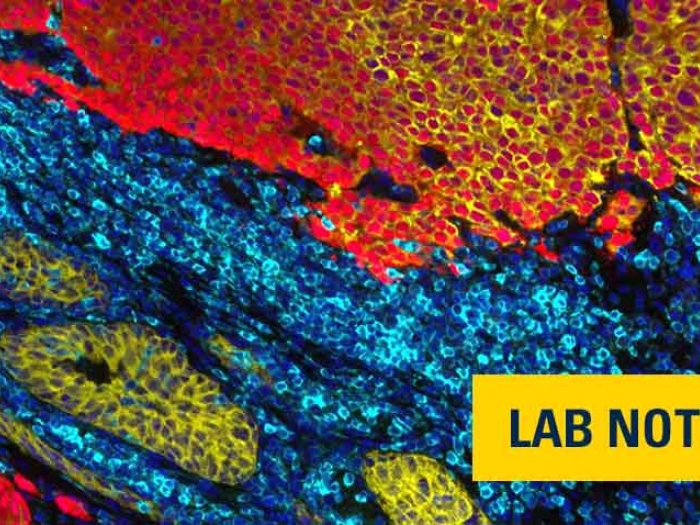Antiandrogen treatment is associated with heart and neurological problems and didn’t increase survival for this group of men, a U-M analysis finds.
12:29 PM
Author |

When cancer recurs after prostate surgery, adding long term hormone therapy to radiation therapy may do more harm than good for men with low PSA levels, according to a University of Michigan Rogel Cancer Center led analysis published in JAMA Oncology.
The U-M group performed a secondary analysis of the Radiation Therapy Oncology Group (RTOG) 9601 phase 3 randomized clinical trial. This trial originally found a survival benefit provided by long term antiandrogen therapy for men with recurrent prostate cancer when added to radiation therapy. The U-M team, however, found the benefit of hormone therapy varies depending on a patient's prostate specific androgen level, also known as a PSA level.
The level of PSA is often elevated in men with prostate cancer, and the test is used to detect prostate cancer and monitor its progression.
"We showed that a patient's PSA level can serve as both a prognostic and predictive biomarker that can help us determine who will benefit from hormone therapy and who may be harmed by it," says study senior author Daniel Spratt, M.D., associate chair of research in the Michigan Medicine Department of Radiation Oncology and co-chair of the genitourinary clinical research program at the U-M Rogel Cancer Center.
"Antiandrogen therapy can cause heart and neurological problems, and we found that it may do more harm than good in patients with a lower PSA, while it increases the survival of patients with a higher PSA level."
Using radiation to treat recurrent prostate cancer is called salvage radiotherapy. The analysis, which included 760 patients, found that patients with a PSA level of 0.6 ng/mL or below who received long term antiandrogen therapy after salvage radiotherapy had three times the number of heart and neurological problems and double the number of deaths from something other than prostate cancer, notes study first author Robert T. Dess, M.D., an assistant professor of radiation oncology at Michigan Medicine.
The statistical analyses were led by U-M biostatisticians Yilun Sun, Ph.D., and Matthew Schipper, Ph.D.
Paper cited: "Association of Presalvage Radiotherapy PSA Levels After Prostatectomy with Outcomes of Long-term Antiandrogen Therapy in Men With Prostate Cancer," JAMA Oncology. DOI: 10.1001/jamaoncol.2020.0109

Explore a variety of healthcare news & stories by visiting the Health Lab home page for more articles.

Department of Communication at Michigan Medicine
Want top health & research news weekly? Sign up for Health Lab’s newsletters today!





